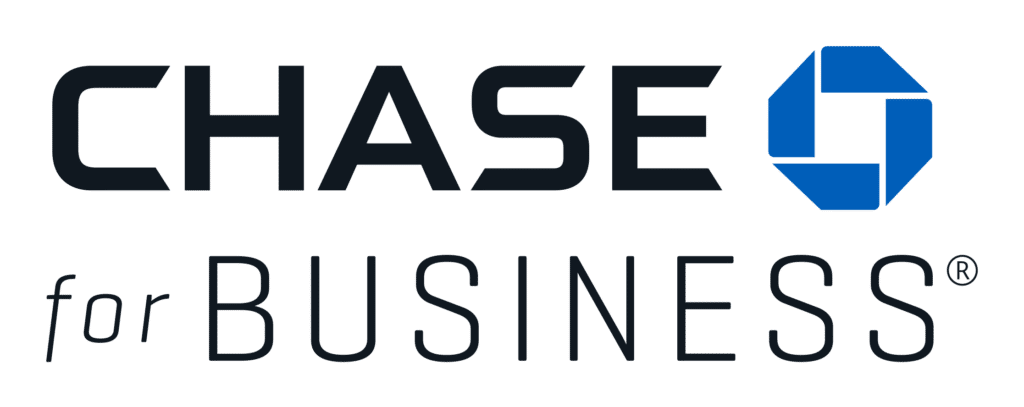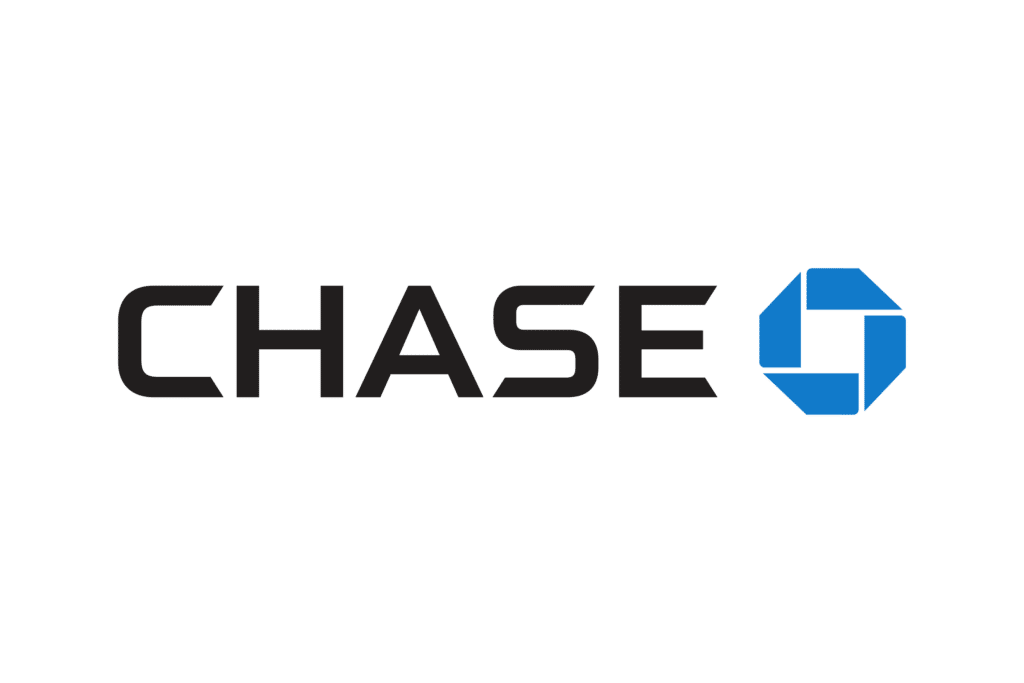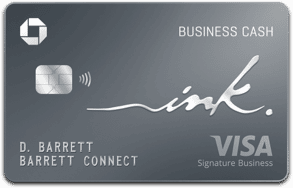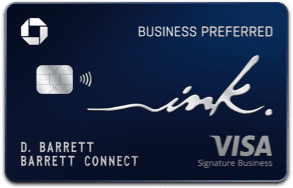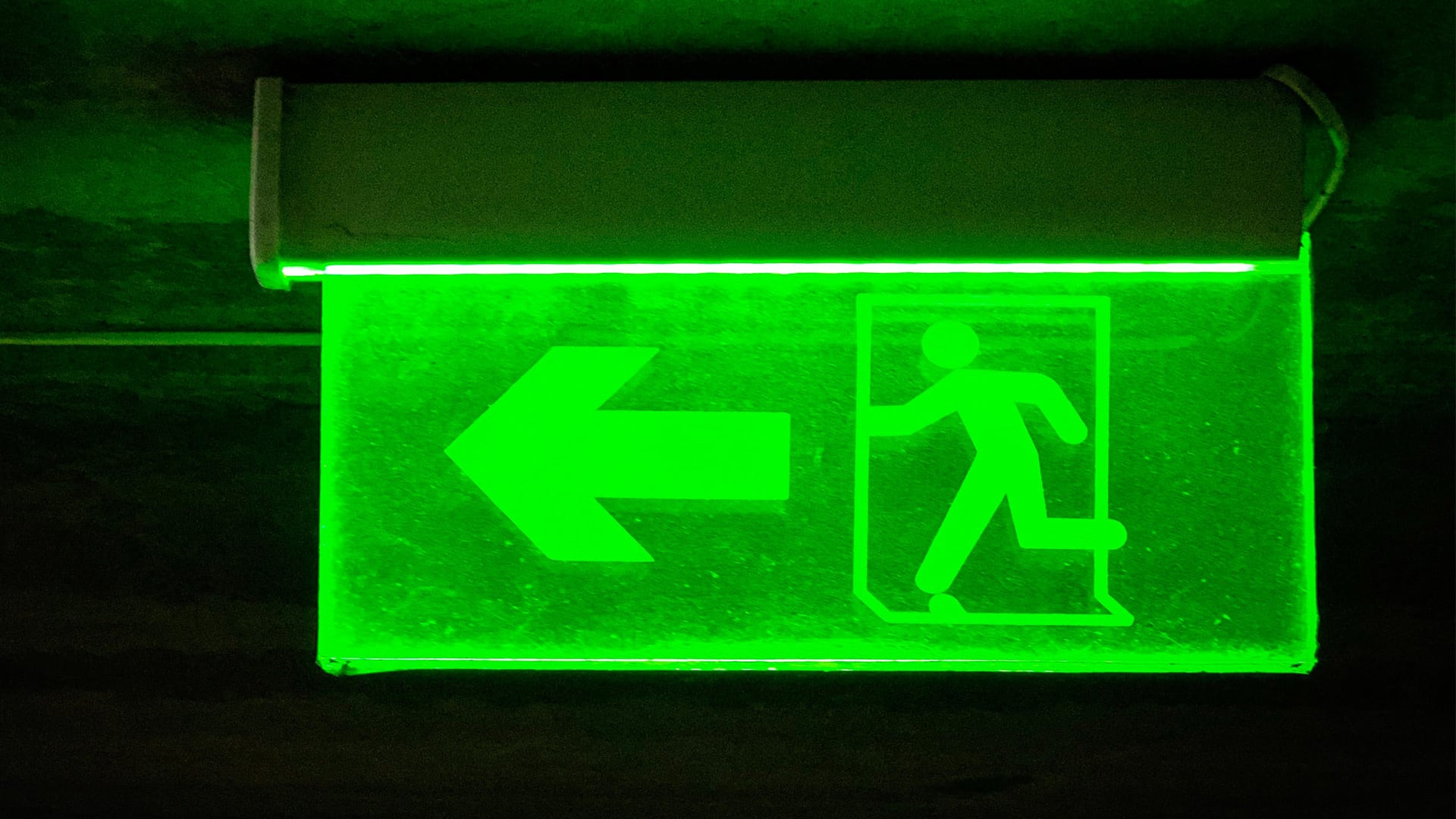Most products on this page are from partners who may compensate us. This may influence which products we write about and where and how they appear on the page. However, opinions expressed here are the author's alone, not those of any bank, credit card issuer, airline or hotel chain. This page may include information about American Express products currently unavailable on Slickdeals. American Express is not a partner of Slickdeals.
Whether you’re a freelancer or own more traditional brick-and-mortar business, there are many reasons why your small business should have its own bank account. In some cases, a separate business bank account can protect your business and provide you with security in the event of a lawsuit or tax audit. And there are perks you might miss out on if you decide to take the “easy” route of running your personal and business expenses through the same checking account.
Below you will discover five reasons why it’s important to open a separate bank account for your small business. And there are also tips on how to find the best banks for small businesses when you’re ready to take the next step.
1. Avoid Accounting and Tax Issues
As a small business owner, you have certain tax responsibilities to the federal government along with the state and sometimes local governments where your business is located. And if you mix your personal and business funds together in the same checking account, figuring out the tax obligations you owe (along with eligible write-offs and deductions) can get messy.
For this reason, opening a dedicated business checking account should be at the top of your to-do list when you start a new business. (Give yourself some bonus points if you decide to open a business savings account too.)
It’s critical to separate your personal and business finances from each other and to commit to avoid intermingling them together. If you can follow this important rule, you’ll make life a lot easier on yourself when it comes time for accounting and tax calculation for your business.
Recommended Business Account
Chase Business Complete Checking®
- Our Rating 5/5 How our ratings work
- APYN/A
- Minimum
Deposit RequiredN/A -
Intro Bonus
$300-$500Expires April 17, 2025
Earn up to $500 when you open a new Chase Business Complete Checking® account. For new Chase business checking customers with qualifying activities.
The Chase Business Complete Checking® account is an attractive option. It offers the convenience of one of the largest financial institutions in the country, and it frequently offers bonuses that are relatively easy to earn. While it does not allow you to accrue interest on your funds like some other popular small business checking accounts, it's still very much worth considering if you can meet the requirements to waive its monthly fees.
Overview
The Chase Business Complete Checking® account comes loaded with a valuable sign-up bonus and an assortment of helpful perks, so long as you can meet the requirements to waive its monthly fees. It’s a good fit for many business checking customers, regardless of business size.
Pros
- Generous sign-up bonus
- Several options to waive monthly fee
- Same-day deposits using QuickAccept℠ service
- Huge network of in-person branches and ATMs
Cons
- Monthly maintenance fee
- Overdraft fees are relatively high
- Limit on fee-free cash deposits and physical transactions
2. Look More Professional
Another benefit of opening a business bank account is that it can help your company appear more professional to others. You can use a business check or debit card to pay vendors, suppliers, and merchants instead of using personal checks or credit cards to make business-related purchases. And when customers need to pay you, you will have the ability to accept checks made out to your business as well.
You could also take things a step further and set up additional small business banking services. For example, a merchant account (such as Chase Payment Solutions℠) could enable your business to accept credit and debit card payments from customers in addition to cash and checks.
Chase Payment Solutions℠
- Our Rating 4/5 How our ratings work
Chase Payment Solutions℠ is equipped to provide comprehensive payment processing services and support to businesses of all sizes. With it, you'll be able to take payments however your customers want to pay you and wherever they want to, whether online or in-person and with any type of major credit or debit card. And since it's backed by a massive bank, you'll have access to branches dotting the country and 24/7 customer support.
Overview
One of the largest credit card processors in the U.S., Chase Payment Solutions℠ enables businesses of all types and sizes to accept card-based payments from their customers.
Pros
- Accept payments via brick-and-mortar PoS System, mobile payment app, or online.
- Works with most major sales platforms
- Comes from one of the largest banks in the world
- Access to Chase Customer Insights
Cons
- Pricing information can be vague or confusing
- Potentially cost-prohibitive
- Long-term contracts may be required
Meanwhile, a small business credit card could provide you with another convenient payment method for your business, plus a way to improve cash flow and potentially earn cash back or rewards on your spending (depending on account). A business credit card might also help you establish business credit history for the future.

How to Qualify for a Business Credit Card
Recommended Business Cards
Ink Business Cash® Credit Card
- Our Rating 4.5/5 How our ratings work
- APR17.49% - 25.49% Variable
- Annual Fee$0
-
Sign-Up Bonus
$750Cash Bonus
Earn $350 when you spend $3,000 on purchases in the first three months and an additional $400 when you spend $6,000 on purchases in the first six months after account opening.
Business owners looking to earn a high rate of cash back on common business expenses like office supplies and internet could get a lot of value from this card. The trade-off for the high cash-back rate, though, is a lower spend cap than you’ll find with other Ink Business cards.
Overview
The Ink Business Cash® is legendary for its offer of 5% cash back for purchases at office supply stores and on many telecommunications services, with no annual fee. And while 5% cash back sounds great, these rewards can be much more valuable when paired with another Chase credit card that allows transfers to airline miles or hotel points. In addition to earning excellent cash-back rewards, it also includes competitive introductory offers and provides cards for employees at no additional charge.
Pros
- No annual fee
- 5x back on a broad array of business spending categories
- Robust travel and purchase protections
- Don't need a full-fledged business to apply
Cons
- Businesses that don't spend on the category bonuses won't benefit
Ink Business Preferred® Credit Card
- Our Rating 4.5/5 How our ratings work
- APR20.24% - 26.24% Variable
- Annual Fee$95
This fee includes extra cards for authorized users, such as employees, at no additional charge.
-
Sign Up Bonus
90,000Chase Ultimate Rewards Points
Earn 90,000 bonus points after you spend $8,000 on purchases in the first 3 months from account opening. Dollar Equivalent: $1,980 (90,000 Chase Ultimate Rewards Points * 0.022 base)
Those with travel and advertising expenses will like the high earning rates in these categories, plus cardholders can eke out even more value with fully transferable rewards through the Chase Travel℠ portal. One drawback is the modest annual fee, though many can offset this with the card’s earning potential.
Overview
This card offers a whopping 90,000 bonus points after you spend $8,000 in the first three months — with the card’s 25% bonus on travel booked through Chase, that’s worth $1,125. But you could potentially get more through one of the bank’s transfer partners. The rewards you earn from the Ink Business Preferred Card can be transferred to 10 different airline partners including United, Southwest, Virgin Atlantic, Singapore and British Airways, as well as hotel partners Hyatt, Hilton and Marriott.
Unlike the other two Ink Business cards, you can use this card to transfer your rewards directly to airline miles and hotel points. Travelers may also like this card’s cellphone protection policy that will cover up to $600 per claim.
Pros
- 3x points on 5 different categories (up to $150,000)
- Robust travel, purchase and cellphone protections
- Ability to earn transferable points to use on travel partners
- No additional charge for extra cards for additional authorized users
Cons
- $95 annual fee
- Businesses that don't spend on the category bonuses won't benefit
3. Limit Liability
Many entrepreneurs opt to establish a limited liability company (LLC) or a corporation to limit their personal liability when they open a business. One idea behind forming an LLC or corporation is that it may provide you personal protection in the event someone ever sues your business over unpaid debts or other issues.
When you mix personal and business finances, however, you risk “piercing the corporate veil.” In such scenarios, it’s possible a court could hold you personally liable for business debts, and perhaps for other legal judgments as well. Opening a separate business bank account gives you an added layer of protection that could help you avoid this potential (and potentially expensive) problem.
4. Easier to Borrow
According to the Federal Reserve, 37% of employer firms and 24% of non-employer firms applied for financing in 2020. Yet most business owners didn’t receive the funding they requested. Just 29% of larger non-employer businesses and 17% of smaller non-employer businesses received all of the financing for which they applied. And a mere 37% of employer firms received the full amount of financing requested.
Of course, having a separate business bank account certainly doesn’t guarantee that you’ll qualify for a business loan or line of credit when you’re ready to seek financing for your business. But there’s a chance that having one could improve your qualification odds. (Lenders often ask to see copies of recent business bank statements when you apply for financing.)
There are other factors lenders may consider as well when you apply for business financing. Business credit, personal credit, business revenue, and time in business can all play important roles in your eligibility for business loans and other types of credit.
5. Protect Your Identity
Another reason it’s important to open a business bank account and keep your company and personal financial information separate is to protect your identity. In 2021 alone, the Federal Trade Commission received over 1.4 million complaints from victims of identity theft.
Before you open a business bank account, you’ll need to register for an Employer Identification Number (EIN) with the IRS. This number is a bit like a Social Security number for your business. Once your business has an EIN and a bank account of its own, you can begin using this information for your company’s financial dealings.
Having an EIN and business bank account reduces the number of times you have to disclose sensitive personal information to others. Keeping personal identifying information private is a good practice. The more often you disclose these details, the more you may expose yourself to the potential for identity theft.
Finding the Right Bank Account for Your Business
Once you’re ready to open a business bank account, the next step is research. Banks offer different services to business owners, and some services may be more important to you than others.
For example, it might be a high priority for you to find a bank or credit union that charges low fees. Or you might value working with a financial institution that doesn’t impose transaction limits that could hold your business bank from making mobile deposits or electronic transfers throughout the month. On the other hand, you might be more interested in finding a bank that offers an attractive bank bonus or promotion when you open a new account.
Whatever your small business banking priorities may be, take the time to shop around and compare your options. There’s no such thing as a perfect bank account. But you might find a solution that’s the perfect fit for your business.


